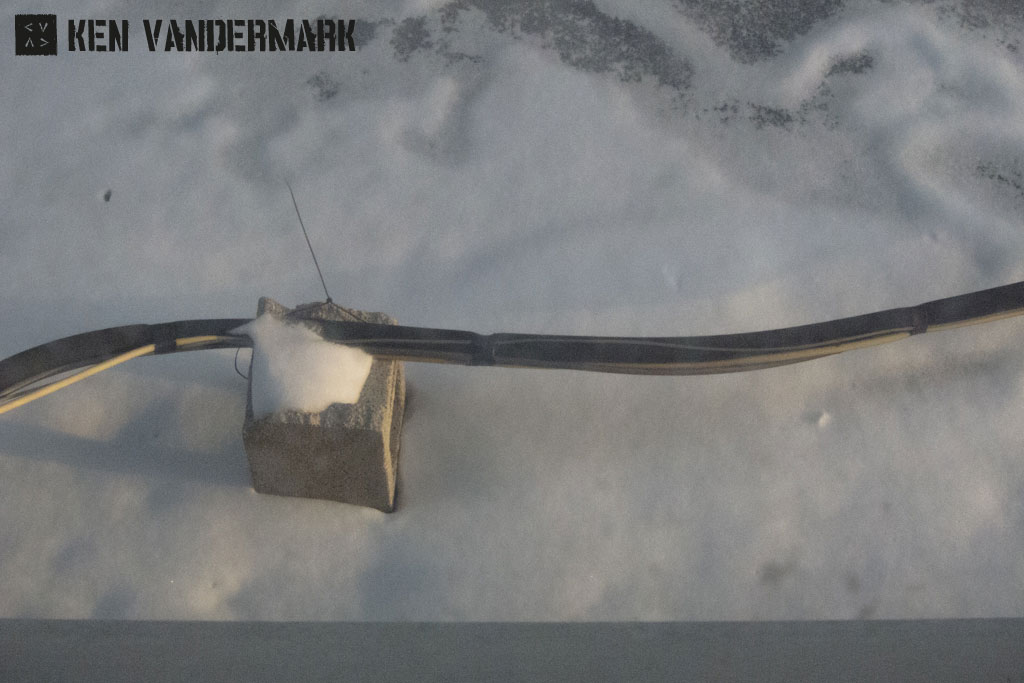

“In art, making demands on people means believing in them.”
– Helmut Lachenmann
from his liner notes to “Das Madchen mit den Schwefelholzern,” (ECM New Series 1858/59, 2004), pg. 26.†
A month goes by, and what a month: September work was dominated by the Sonore tour in North America and the Territory Band-4 project. Both groups released new albums on Okka Disk: “No One Ever Works Alone” by Sonore, and “Map Theory” by the Territory Band. The tour with Sonore was one of the most successful I’ve ever done in the States and Canada, excellent audiences and fantastic music.
After having Amos Scattergood drive FME on its tour last December, the idea of having him back to drive AND record the concerts for Sonore seemed like a damn good idea. It was. All eleven shows were recorded, 22 sets of music down on tape for future review. Without question, there is a ton of incredible material there for future release. Though a group comprised of only three reed players the music felt completely unlimited. The music Peter, Mats and I are working on with Sonore has nothing to do with the saxophone quartet model found in jazz.
Ironically, this group has more in common with the string quartet of the classical music world than saxophone quartets that are modeled after it. Sonore is able to utilize all the components of music- melody, rhythm, timbre, dynamics, space- by deriving them completely from the possibilities found in reed instruments. The music is self contained and self supporting, really like nothing else. Playing with Peter and Mats every night has been one of the great experiences of my life.
After the tour in Europe last October it felt absolutely great to be able to bring our music to my own home, particularly in these screwed up political times. Something positive in the air for a country that desperately needs it. Very, very glad Sonore gets back out on the road again as soon as February, this time in Europe.
One thing that really struck me as I considered the tour after we got back, Peter may be the Thelonious Monk of this time period: he’s reinvented the saxophone and found his own set of techniques to get to the sounds and music he’s hearing, he’s fascinated by the early music from the history of jazz, he’s found the real connections between that past and his own music, and he gets to pure expression with nearly every note he plays.
© 2024 Ken Vandermark – musician & composer | Disclaimer